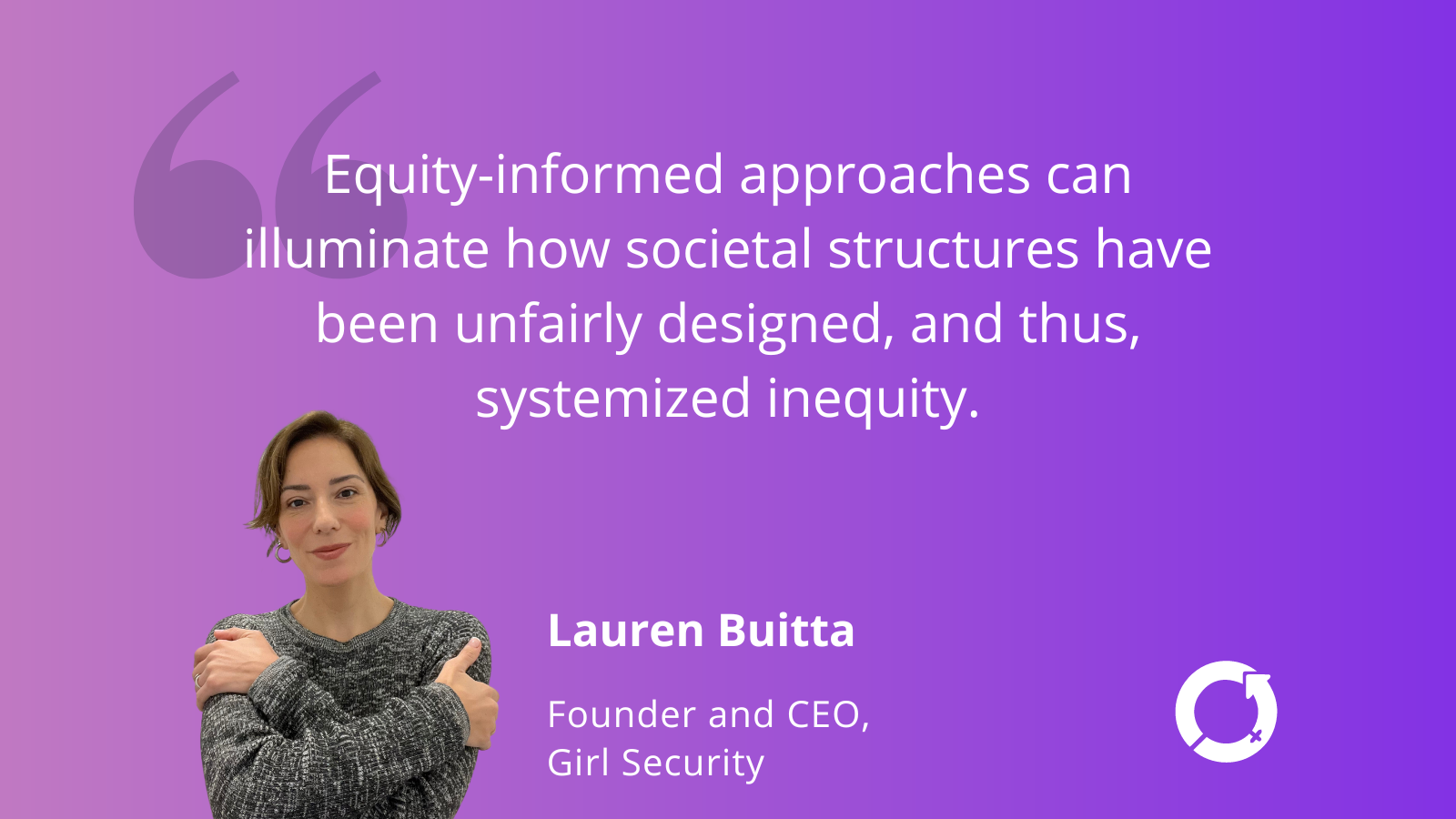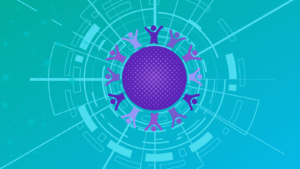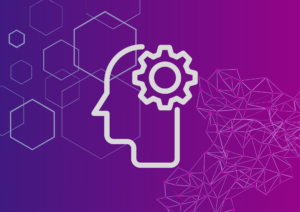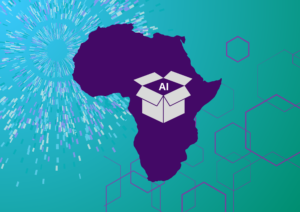On the occasion of International Women’s Day and its 2023 theme #EmbraceEquity, the Datasphere Initiative spoke to a range of policy professionals in the Datasphere Initiative’s global network, to ask them: why equity should be a core goal in policy and technical approaches to responsibly unlocking the value of data?
Lauren Buitta, Founder and CEO, Girl Security shared her perspectives and identified specific actions that can be taken.
Read more about the campaign and other contributions here
Social equity will mean very different things to different people and populations, which is why the concept is so powerful: it creates space for populations to define the value sets that reflect their history, experiences, needs, and interests. Equity-informed approaches can illuminate how societal structures have been unfairly designed, and thus, systemized inequity. If policy and technical approaches are intended to offer solutions or interventions for challenges with broad-based societal implications, an equity-informed approach will ensure such tools benefit the most – if not all – people. And, data and insights derived from forging a substantive understanding of different populations’ equity frameworks will yield more robust, more sustainable, and meaningful outcomes that reflect the buy-in of as many stakeholders as possible. As we say at Girl Security, the organization I founded to drive change in national security, striving for equity is the long game; it requires diligence, commitment, and investment. It cannot be a trend or a tack-on: it is central to mission and outcomes. As DEI Expert Dr. Ivette Dubiel notes, this requires deliberate decision-making by people in positions of power who commit to checking their own biases and challenge the status quo.
Girl Security’s model is equity-informed and implements identity-centered frameworks throughout its programming and initiatives. Our website and curriculum feature graphical representations of the diverse girls and gender minorities in our programming; this design approach carries through all of our communications, learning, and training content. In addition, our workforce training and mentoring programs are trauma-informed, which means that we design programs and spaces with the realities of trauma’s impacts in mind for participants in our program. Given recent findings published by the CDC about increasing rates of violence and depression among teen girls, girls of color, and other marginalized communities, it is our moral obligation to ensure as many girls and gender minorities can access our programming as possible. In addition, we created a platform for youth voices on pressing national security issues, called Ideate, which again amplifies the voices of diverse youth on their unique needs, experiences, and insights vis-a-vis national security.




